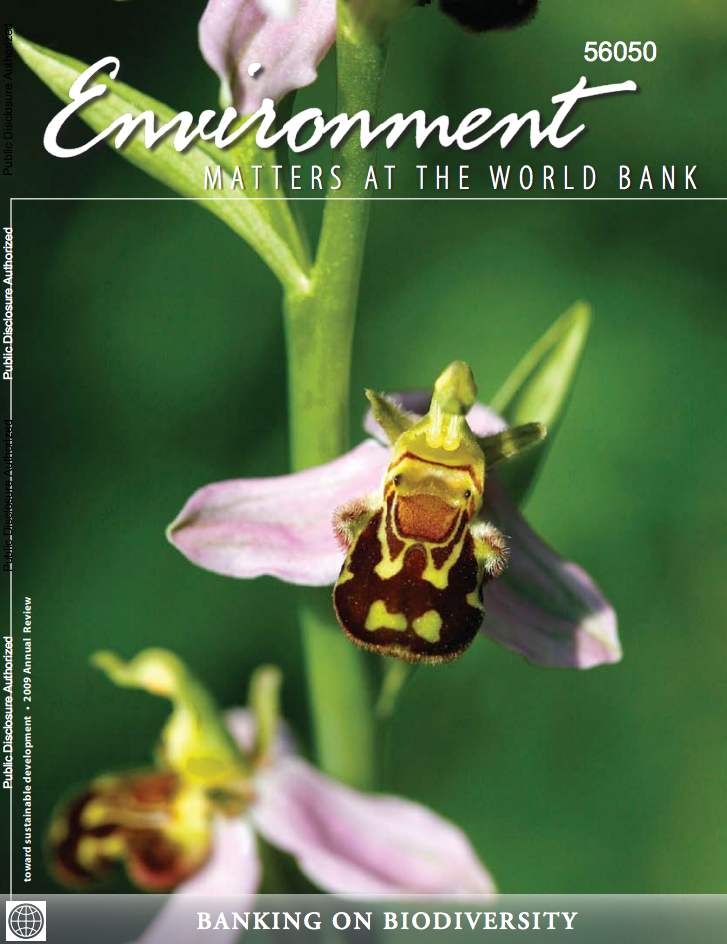Food Insecurity and Public Agricultural Spending in Bolivia : Putting Money Where Your Mouth Is?
This paper explores the reduction of
food insecurity in Bolivia, adopting a supply side approach
that analyzes the role of agricultural spending on
vulnerability. Vulnerability to food insecurity is captured
by a municipal level composite -- developed locally within
the framework of World Food Program food security analysis
-- that combines welfare outcomes, weather conditions and
agricultural potential for all 327 municipalities in 2003,


